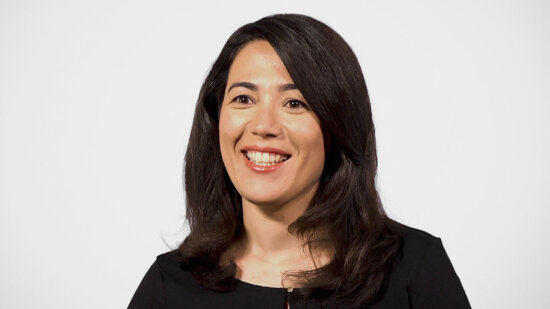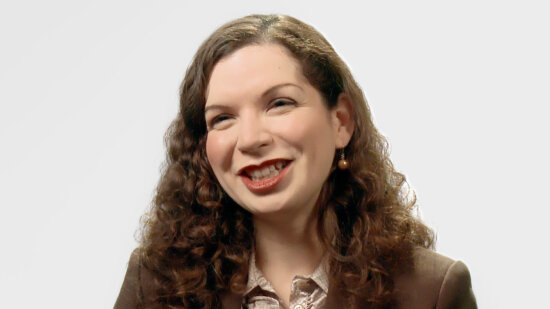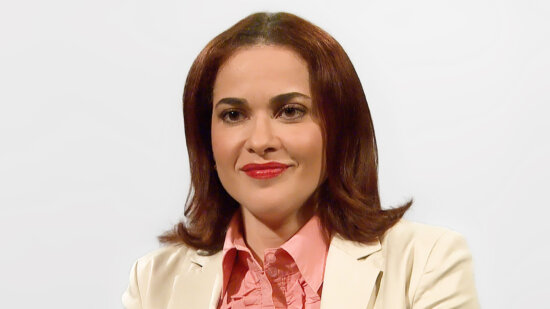Biochemist & Biophysicist
What you need to know
Biochemists and biophysicists study the chemical and physical principles of living things and of biological processes, such as cell development, growth, heredity, and disease.
Biochemists and biophysicists typically work in laboratories and offices, to conduct experiments and analyze the results. Those who work with dangerous organisms or toxic substances in the laboratory must follow safety procedures to avoid contamination.
Some of the things biochemists and biophysicists might do:
- Plan and conduct complex projects in basic and applied research
- Manage laboratory teams and monitor the quality of their work
- Isolate, analyze, and synthesize proteins, fats, DNA, and other molecules
- Research the effects of substances such as drugs, hormones, and nutrients on tissues and biological processes
- Review literature and the findings of other researchers and attend conferences
- Prepare technical reports, research papers, and recommendations based on their research findings
- Present research findings to scientists, engineers, and other colleagues
- Secure funding and write grant applications
Watch this video to learn about some of the things our biochemist and biophysicist role models do in their careers:
- Analytical skills. Biochemists and biophysicists must be able to conduct scientific experiments and analyses with accuracy and precision.
- Communication skills. Biochemists and biophysicists have to write and publish reports and research papers, give presentations of their findings, and communicate clearly with team members.
- Critical-thinking skills. Biochemists and biophysicists draw conclusions from experimental results through sound reasoning and judgment.
- Interpersonal skills. Biochemists and biophysicists typically work on interdisciplinary research teams and need to work well with others toward a common goal. Many serve as team leaders and must be able to motivate and direct other team members.
- Math skills. Biochemists and biophysicists use complex equations and formulas regularly in their work. They need a broad understanding of math, including calculus and statistics.
- Perseverance. Biochemists and biophysicists need to be thorough in their research and in their approach to problems. Scientific research involves substantial trial and error, and biochemists and biophysicists must not become discouraged in their work.
- Problem-solving skills. Biochemists and biophysicists use scientific experiments and analysis to find solutions to complex scientific problems.
- Time-management skills. Biochemists and biophysicists usually need to meet deadlines when conducting research. They must be able to manage time and prioritize tasks efficiently while maintaining their quality of work.
Watch this video to learn more from our biochemist and biophysicist role models:
The average pay for biochemists and biophysicists in the United States was $103,810 in May 2022 according to the U.S. Bureau of Labor Statistics.
The specific pay depends on factors such as level of experience, education and training, geographic location, and specific industry.
About 2,800 new job openings for biochemists and biophysicists are projected each year, on average, over the next 10 years in the United States.
Overall employment of biochemists and biophysicists is projected to grow 7 percent from 2022 to 2032 according to the U.S. Bureau of Labor Statistics. This is faster than the average growth rate for all occupations.
To meet the demand of an aging population, biochemists and biophysicists will be needed to conduct genetic research and to develop new medicines and treatments that are used to fight genetic disorders and diseases such as cancer.
Biochemists and biophysicists will also be needed to study topics that advance our capabilities related to clean energy, efficient food production, and environmental protection.
Biochemists and biophysicists need a Ph.D. to work in independent research-and-development positions. Most Ph.D. holders begin their careers in temporary postdoctoral research positions. Bachelor’s and master’s degree holders are qualified for some entry-level positions in biochemistry and biophysics.
Most Ph.D. holders in biochemistry and biophysics have bachelor’s degrees in biochemistry or a related field, such as biology, chemistry, physics, or engineering. High school students can prepare for college by taking classes related to the natural and physical sciences, as well as math and computer science.
Discover some of the courses you will take pursuing a degree in Biochemistry, Biology, Chemistry, Physics, or Biomedical Engineering.
Watch this video to learn more from our biochemist and biophysicist role models:




















